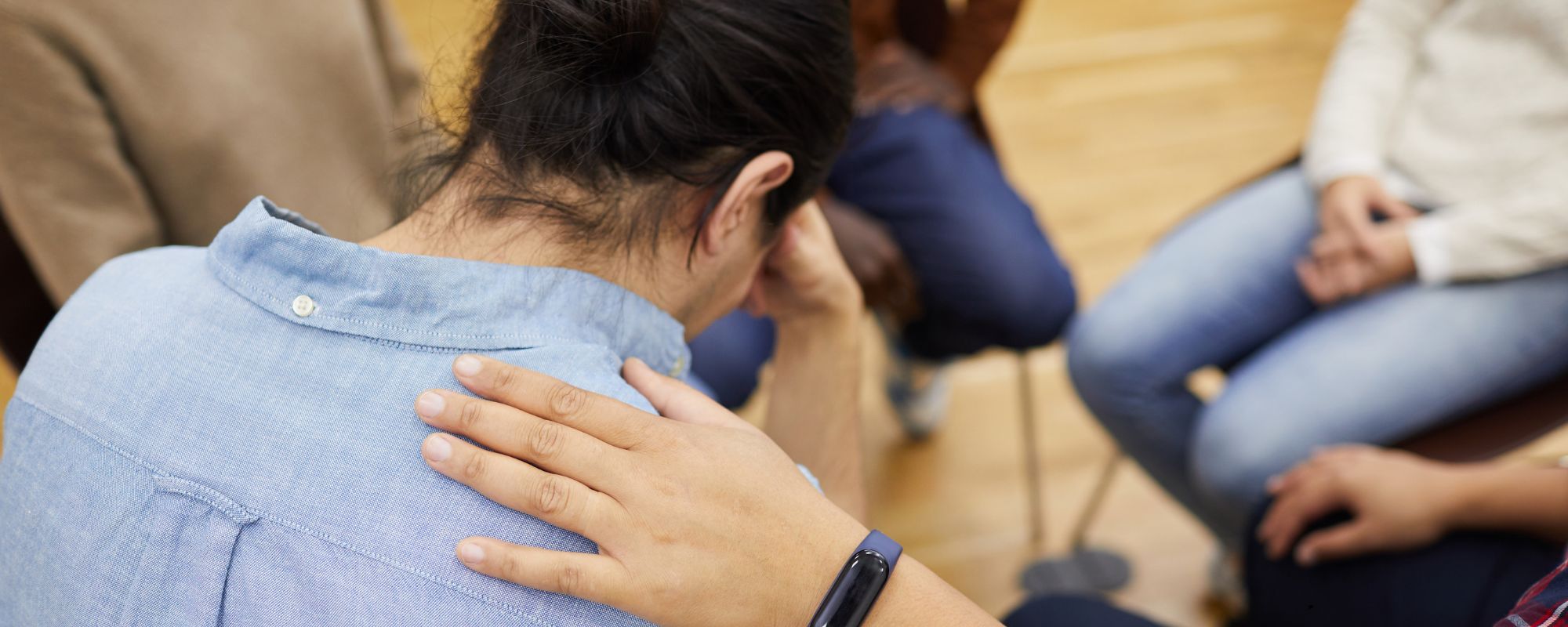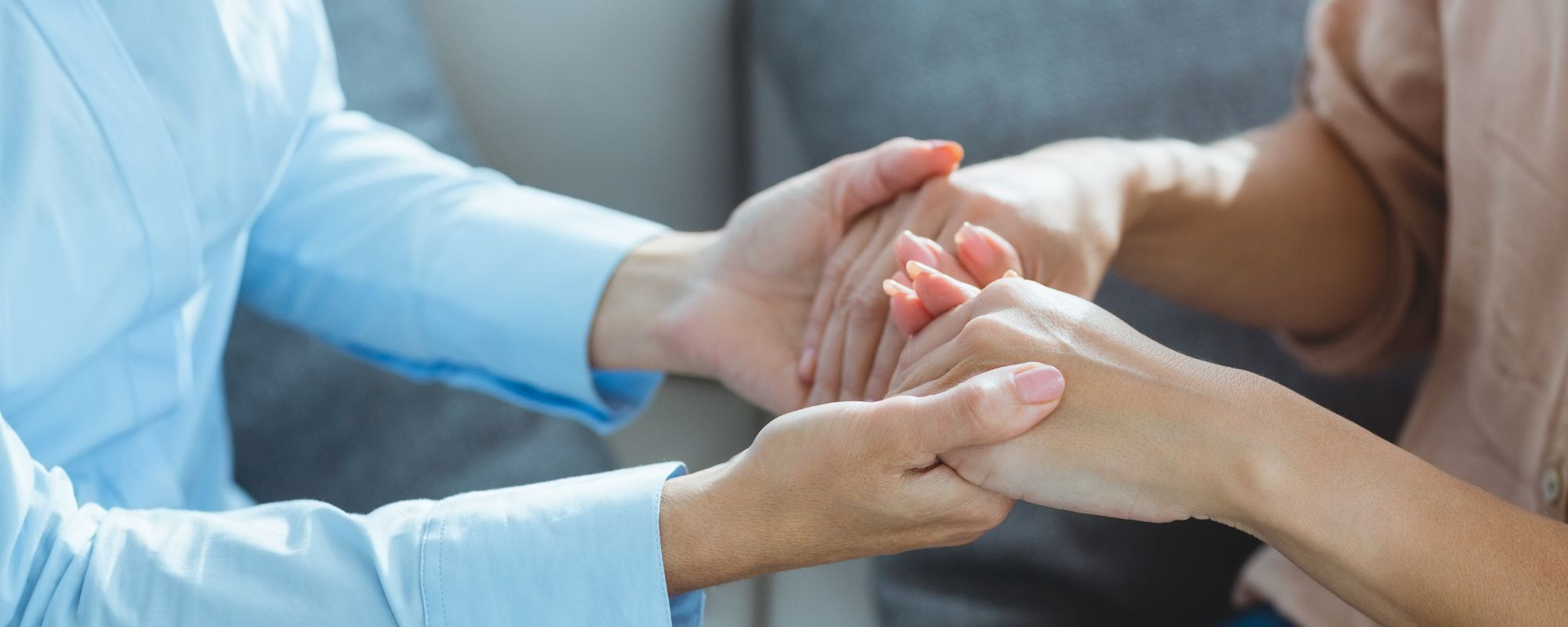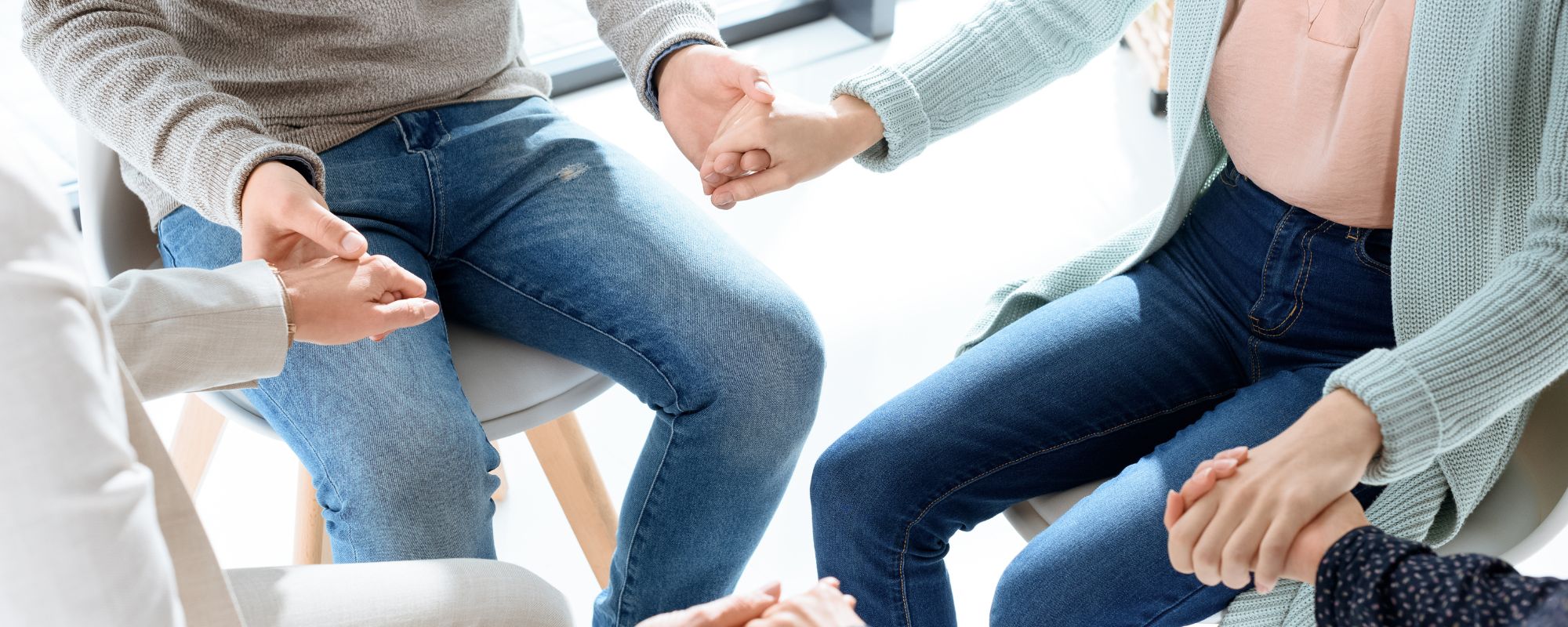There are a lot of rumors and false claims surrounding COVID-19 cures. However, there are many everyday preventative measures that you can take in order to reduce your risk of contracting COVID-19. It is vital to practice safety precautions to protect yourself, your loved ones, and others so that the COVID-19 global pandemic can finally slow in speed and we can flatten the curve.
Watch Your hands
We touch our faces 15-25 times on average in an hour. Its force of habit. Whether it’s to scratch an itch, adjust our hair, rub our eyes, rest our chins on our hands, we habitually poke and prod our faces. Now we adjust our masks on our ears, nose, and chin whenever we put them on or take them off. COVID-19 can enter your body through your eyes, nose, and mouth. This means “keeping your hands to yourself” is no longer the safe option. The COVID-19 motto is “keep your hands away from your face at all costs.”
Some people have adopted a false sense of security once they don on a pair of gloves. Unfortunately, many people are more likely to spread germs across their face because they equate gloves with total safety. People forget that the germs on their gloves travel onto their hands if they aren’t removed properly. Additionally, without thorough cleaning of the hands prior to applying your gloves, the hot, wet atmosphere inside of the glove promotes viral growth on your hands, increasing the likelihood of transmission once the gloves are removed. Whether your wearing gloves or not, it is vital to keep your hands away from your face prior to washing them.
Wash Your hands
The next step to follow once you’re done not touching your face is to wash your hands. Every surface that you touch out in public has the potential to carry the coronavirus. That being said, it is necessary to disinfect your hands to limit your exposure to COVID-19. The best way to lower the risk of contracting COVID-19 is through the tried and true method of washing your hands with soap and water. WHO suggests that you lather your hands in soap and scrub them for 40-60 seconds before rinsing them off. However, not all public locations offer handwashing stations, therefore hand sanitizers are a convenient alternative.
Do note, hand sanitizers must contain 60% alcohol— ethanol or isopropanol— in order to be effective in killing the virus. No more, no less. Low alcohol percentages can impede a virus from spreading across the skin, but it won’t kill it. High levels of alcohol actually freeze the virus’s cell wall momentarily instead of killing it.
Cover Your Face
Wearing a face covering prevents the spread of COVID-19 respiratory droplets released by an infected person breathing, talking, coughing, or sneezing. These droplets can be large (think when someone coughs and their spit hits your skin) or small (think when you see your breath when it’s cold outside). These droplets can land on your skin or travel through the air, transmitting COVID-19 and finding their way into your body.
Surgical masks can protect you and others from spreading COVID-19 as well as limit your exposure to other infected persons. N95 masks, as well as higher-level respirators, have a higher level of protection against COVID-19. However, due to the shortage of these masks in the medical field, surgical masks are suggested for the mass public who aren’t under constant exposure to the virus.
Face shields are another way to protect yourself from COVID-19 because they act as another layer of prevention against the virus. It is important to note that face shields are not a replacement for face masks. The shields can limit your exposure to large respiratory droplets if an infected person coughs near you but unlike masks, they do not protect you from COVID-19 particles traveling in the air. In essence, face shields protect your eyes and the exposed skin not covered by your mask from the virus.
Distance is Key
COVID-19 is a respiratory illness and because of its high transmission rate, the best course of action to avoiding catching it is by limiting your possible exposure to it. Simply put, if you stay at home in a self-quarantine, your risk of contracting the coronavirus decreases exponentially. Every time you come in contact with a stranger, there is a possibility of virus transmission. Even when you go to a friend’s house, or are in close quarters with a coworker, you are at risk. Even though there is a global pandemic, nonessential businesses have reopened, and COVID-19 cases are increasing day-by-day.
Whether you are at work or shopping for groceries, it is important to socially distance yourself from other people that you don’t directly live with. By keeping a distance of 6 feet between you and another person, you are lowering your risk of contracting COVID-19. It is important to socially distance yourself from others because COVID-19 symptoms can take two to fourteen days to present. In fact, some people are completely asymptomatic (without symptoms) for the entirety of the illness.
Get Tested for COVID-19
It is important to vocalize any and all symptoms you experience to the people who surround you. Telling others about your symptoms warns them of the possibility of transmission, providing an opportunity to impose safety measures. Additionally, if you transmit COVID-19 onto someone with a weakened immune system, they have a higher chance of dying.
You ensure the safety of yourself as well as others via COVID-19 testing following symptoms. Your medical provider needs your COVID-19 status to provide proper treatment. Testing is also important because many businesses require a negative COVID-19 test in order for you to return to work.
COVID-19 Vaccines
Currently, two vaccines are rolling out in the U.S. for COVID-19. They are actually insanely cool because of their composition. Both vaccines, Pfizer-BioNtech and Moderna, are mRNA-based vaccines. This means these vaccines are unlike past vaccines, which administered a weakened or inactivated germ into the body. Anyone regularly taking the flu shot may note that flu vaccines have a risk of you getting a less intense version of the flu. While passed vaccines protect you from getting really sick, you can still fall ill from the shot. Not these COVID-19 vaccines.
Instead, mRNA-based vaccines are a small, harmless, surface-level piece of the virus called a spike protein. Once inside the body, the virus protein enters your immune cells, replicating the protein inside of the cells. Once a majority of your immune cells hold the spike protein, you are immune to the current strain of COVID-19. This new approach to vaccines actually protects you from getting sick because it never introduces the actual germ into your system, only a small piece. In essence, the vaccine tricks your cells into thinking you have COVID-19 because of the spike protein in your immune cells. As a response, your immune cells build up your immunity to the virus without having to experience any COVID-19 symptoms.
It’s important to get the COVID-19 vaccine once the opportunity presents itself because these vaccines will train your body to build up an immunity. Once you are immune to COVID-19, the fear of catching the virus is all but eliminated.
























